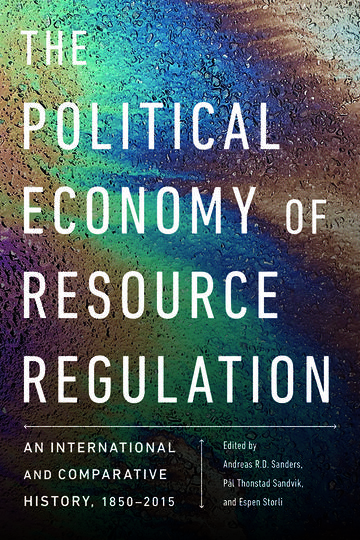About BC Books Online
BC Books Online was created for anyone interested in BC-published books, and with librarians especially in mind. We'd like to make it easy for library staff to learn about books from BC publishers - both new releases and backlist titles - so you can inform your patrons and keep your collections up to date.
Our site features print books and ebooks - both new releases and backlist titles - all of which are available to order through regular trade channels. Browse our subject categories to find books of interest or create and export lists by category to cross-reference with your library's current collection.
A quick tip: When reviewing the "Browse by Category" listings, please note that these are based on standardized BISAC Subject Codes supplied by the books' publishers. You will find additional selections, grouped by theme or region, in our "BC Reading Lists."
Industrialist John Paul Getty famously quipped, “The meek shall inherit the earth, but not its mineral rights.” Throughout history, natural resources have been sources of wealth and power and catalysts for war and peace. The case studies gathered in this innovative volume examine how the intersection of ideas, interest groups, international institutions, and political systems gave birth to distinctive regulatory regimes at various times and places in the modern world. Spanning seven continents and focusing on both advanced and developing economies, it offers unique insights into why some resource-rich countries have flourished while others have been mired in poverty and corruption.
Andreas R.D. Sanders is a postdoctoral researcher at the Norwegian University of Science and Technology, with a PhD from the European University Institute in Florence. His research focuses on resource nationalism in Sweden and Norway in the late nineteenth and early twentieth centuries. He has published a number of articles and chapters on natural resource regulations and business-government relations.
Pål Thonstad Stadnik is a professor of economic history at the Norwegian University of Science and Technology. He has published widely in economic history on topics such as state regulation of the economy, the relationship between multinationals and small states, and the development of resource-based industries. He is currently leading a research project on the political regulation of natural resources. His most recent book is an economic history of Norway.
Espen Storli is a professor of history at the Norwegian University of Science and Technology. He was a Harvard-Newcomen Fellow in Business History at Harvard Business School. He has published widely in the field of international business history on government-business relations, international cartels, and the development of extractive industries. His publications include two edited volumes on the global history of the tin and bauxite industries. He is currently leading a research project on the development of global commodity traders after 1945.



